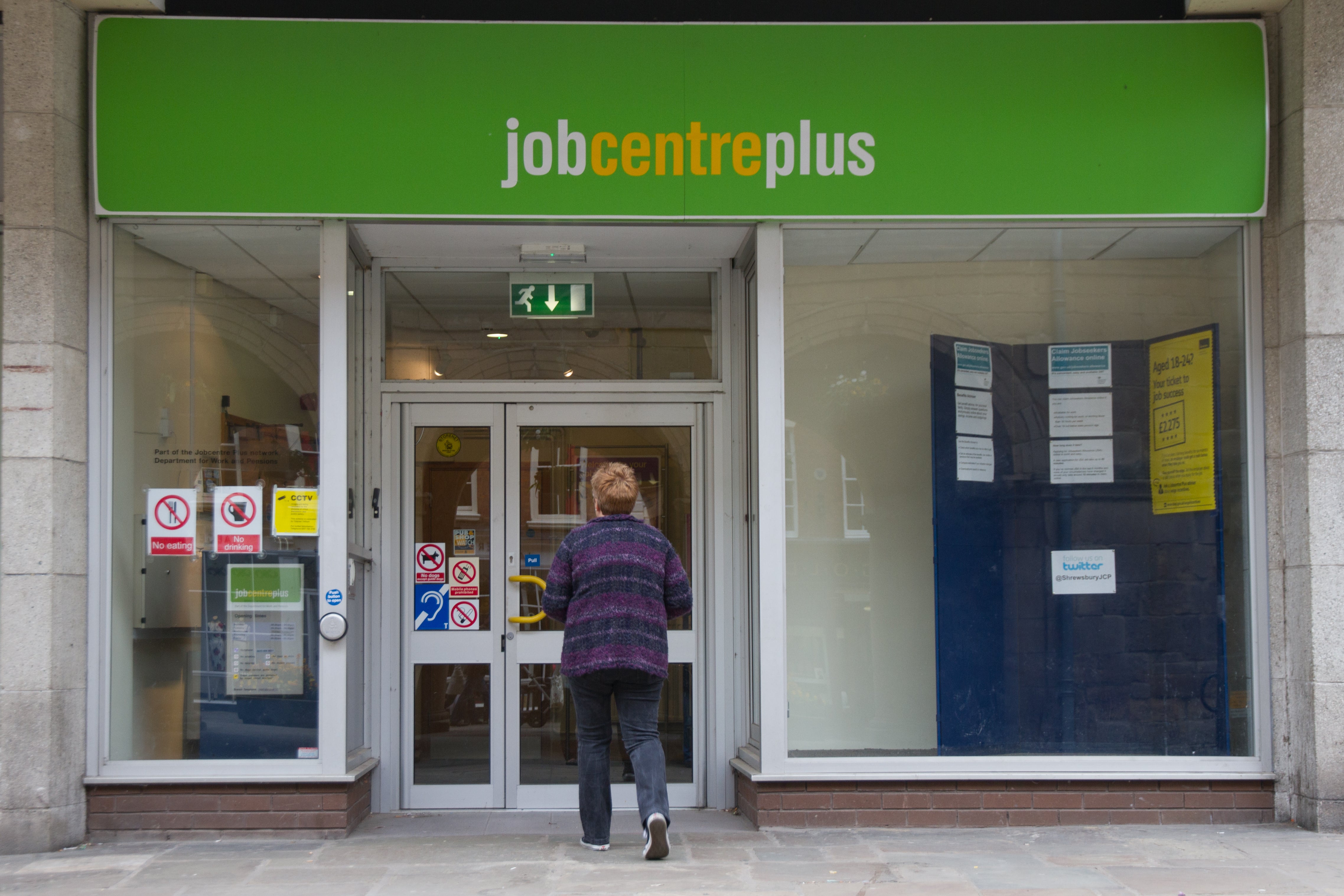People are experiencing benefits for the first time – could this provoke change in our welfare system?
A degree or the 'right’ contacts may no longer protect professionals against unemployment. Perhaps an influx of Universal Credit claimants will be enough to force us to rethink our dysfunctional social safety net, writes Ian Hamilton


My 55-year-old self has become increasingly interested in pensions in a way that my 18-year-old self would have been astonished by. My attention span and interest has improved as I accelerate towards the point where my life will be shaped by something I considered boring and only for old people, can I survive on my pension?
Proximity and first-hand experience matters, not just in considering whether you’ll have enough to live on when you retire but whether you can survive up to that point. So far most of us only have an abstract idea of what life on state benefits is like. That’s about to change as increasing numbers lose their livelihoods and are forced to turn to the state for help.
It’s not uncommon for those claiming benefits to be portrayed as work-shy or scroungers. We might not admit subscribing to this view but privately many do, perhaps infected by the ideology of the individual work ethic and individual responsibility rather than a collective good. The reality of claiming benefits is of course far removed from these popular myths, surviving on the meagre amounts that we’ve collectively sanctioned as the means to survival is nothing short of miraculous.
For years, state benefits have been incrementally chipped away at, sometimes with the overt message that no-one should be comfortable living on tax-funded unemployment or illness “handouts”. More recently, austerity and the need to "rationalise" the “complicated” and over bureaucratic benefits system is the justification for squeezing basic state aid.
We have participated in mass denial by ignoring the loud and clear warning signs that there are huge fissures in our state safety net. The exponential growth in food banks, the shameful rise in child poverty, and a widening not narrowing in social inequality have not been hidden from us as a state secret. The problem hasn’t been lack of data it’s been our combined lack of empathy with those who have had to turn to the state when, as the chancellor so chillingly puts it, “their job is no longer viable”.
Politicians have been able to get away with these incremental reductions to unemployment and disability benefits because they felt empowered by us to do so. Knowing the balance of opinion was with them, no political risk was involved as enough of us shared their view on the need to reform the benefits system. Easy enough when you feel sufficiently distanced from ever needing to participate in claiming benefits or turning up at your local food bank, not to volunteer but to stop your children going without, yet again.
Hundreds of thousands will no longer take a fleeting interest in means-testing or universal credit they will be on the receiving end of the invasive probing that it demands so that a decision can be made as to whether they fit the strict criteria. Some will find they have too much in savings or that their partner's income disqualifies them. Benefits are no longer a system made for and inhabited by those from lower socio-economic groups, as with covid, being middle class does not provide immunity. Whole sectors are threatened with closure and no prospect of the state coming to their aide. Having a degree or the "right" contacts won’t inoculate professionals who are culled on mass.
The power of first-hand experience shouldn’t be underestimated and if current economic projections are accurate then the next few months will see a surge in unemployment and sickness claimants that none of us have witnessed in our lifetime. It is tempting to think this will trigger a change in the national psyche that forces a rethink of our dysfunctional social safety net but even this enforced empathy may not be enough to do that. As these new claimants will soon realise they are joining a group that has no voice, they won’t be deluded in thinking that they are somehow disempowered, that will be their new reality.
Join our commenting forum
Join thought-provoking conversations, follow other Independent readers and see their replies
Comments


Bookmark popover
Removed from bookmarks